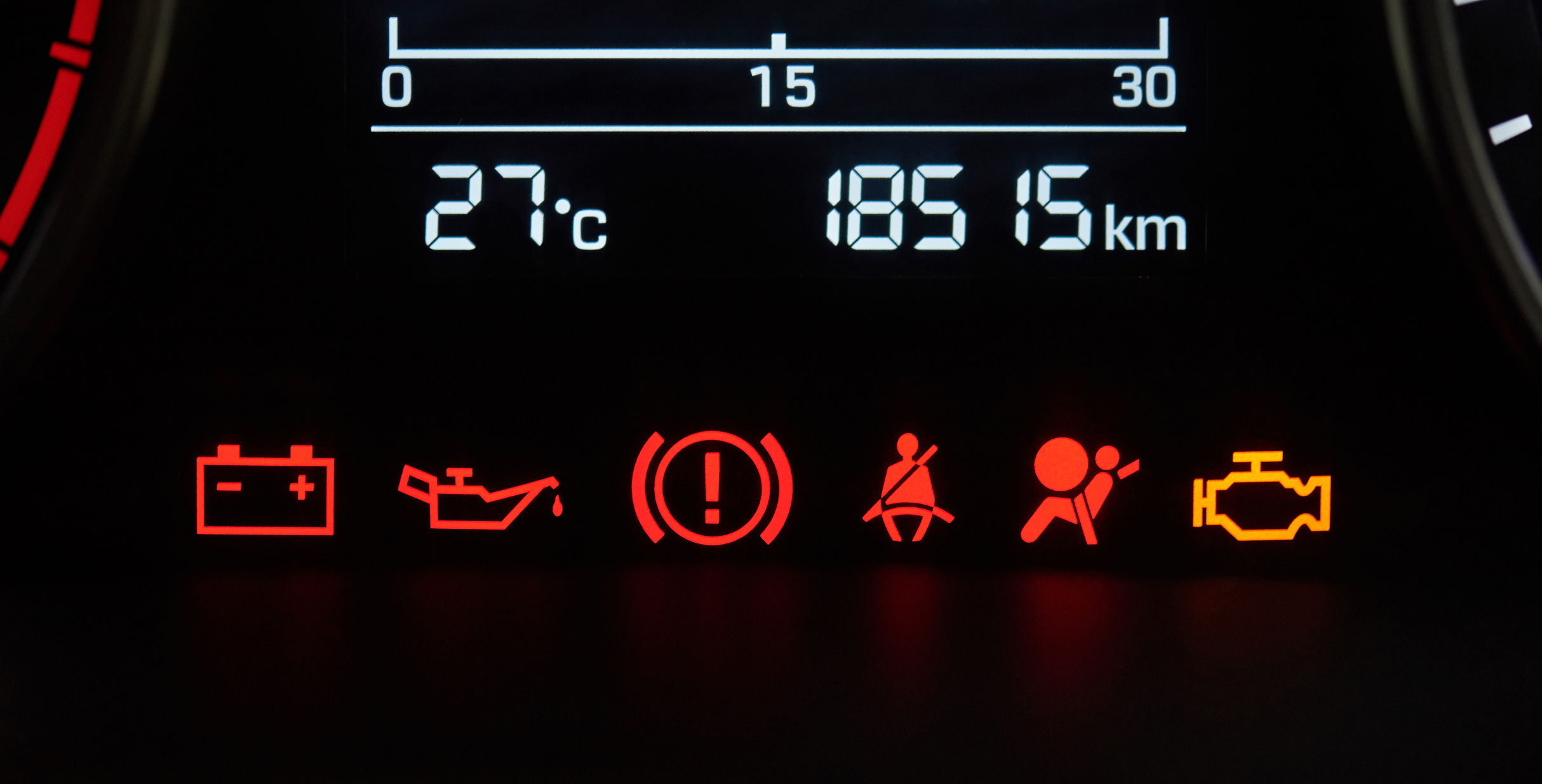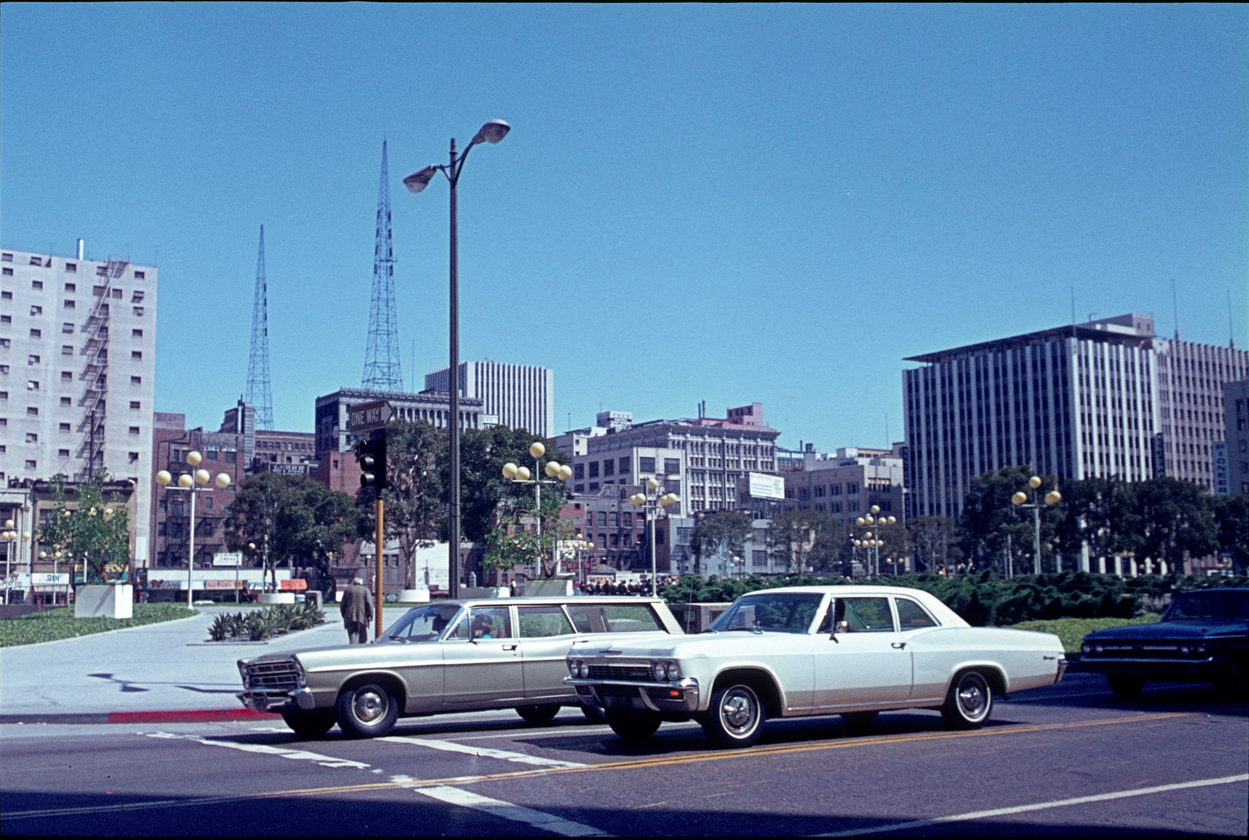California merchants shipped more than 13,000 RVs to customers during 2020, which is a stunning figure considering the economic havoc caused by the Coronavirus pandemic. From camping under the majestic splendor of Mount Shasta to soaking in the sun along Newport Beach, California offers RV aficionados the perfect vehicle to call a first, second, or third home.
California also is the home of RV lemons.
That’s right, RVs succumb to many of the same issues that plague other types of motor vehicles. The question is now that you are stuck with an RV lemon, do you have the same legal power to file a claim as the legal power granted to the owners of cars, trucks, and SUVs?
The answer is yes, but the real question is should you refer to federal lemon law or California lemon law.
Federal Lemon Law Protection
If you have purchased a malfunctioning recreational vehicle, federal lemon law covers RV owners like you. If the manufacturer of your RV cannot fix the problem after a certain number of repair attempts, then the manufacturer must refund your money or replace the RV with the same model. According to the Magnuson-Moss Warranty Act, the recovery of your investment must happen in a timely manner.
Here are some of the types of RV covered under federal lemon law:
- Class A Motorhome
- Class B Motorhome
- Class C Motorhome
- Travel trailer
- Fifth wheel trailer
Although some makes and models break down more often than other types of makes and models, just about any type of RV can include at least one major defect. Whether you own a pricey Winnebago or move around the state in a streamlined Monaco, you have to move quickly to recover your RV investment.
California Lemon Law
According to California lemon law, a new RV must have at least one significant defect that diminishes safety, prevents proper use, and/or decreases the value enough to qualify the motor vehicle as a lemon. Although a large number of defects can impede the performance of an RV, the following issues rank as the most common types of defects for RVs.
- Malfunctioning brakes
- Engine failure
- Design flaws inside the RV
- Water leaks
- Poor steering
- Faulty wiring
- Defective transmission
- Unsteady frame

Your RV must also meet additional criteria established by California lemon law. The manufacturer has to make four repair attempts for the same defect or your RV has become inoperable and has spent 30 days in the manufacturer’s vehicle repair facility.
Factors That Disqualify an RV from a Lemon Designation
Do you own an RV that has a recurring defect that negatively impacts its use, value, and/or safety? If you have tried to get your RV fixed multiple times with the same frustrating results, your RV might qualify as a lemon under California lemon law. However, other factors might come into play that makes you ineligible to receive a replacement or get a refund from the manufacturer.
- Your RV has not undergone four repair attempts by the manufacturer
- Your RV has not spent 30 days inoperable
- The defect does not negatively impact the RV’s use, safety, and/or value
- An express warranty does not cover your RV
- The defect was caused by an accident or negligence
- You have known about the lemon condition of your RV for more than four years
The last factor involves the statute of limitations for filing a lemon law claim. Owners of all types of motor vehicles in California have four years to file a lemon law claim. After four years pass, you cannot get a refund or drive away from a dealership in a replacement RV.
Act with a Sense of Urgency
If you have purchased a lemon RV, you should get in touch with a California lemon law attorney. Your lawyer can make sure you file your claim before the statute of limitations expires. You also receive advice on how to collect and organize the paperwork associated with the purchase and repair attempts made on your RV. Documentation is the key evidence to submit for winning a lemon law claim. Another benefit of having an experienced attorney on your side is you might be able to settle with the manufacturer.
Most consumer protection lawyers that work lemon law cases work on a contingency fee basis. This means clients do not have to pay any upfront money to receive expert legal counsel





